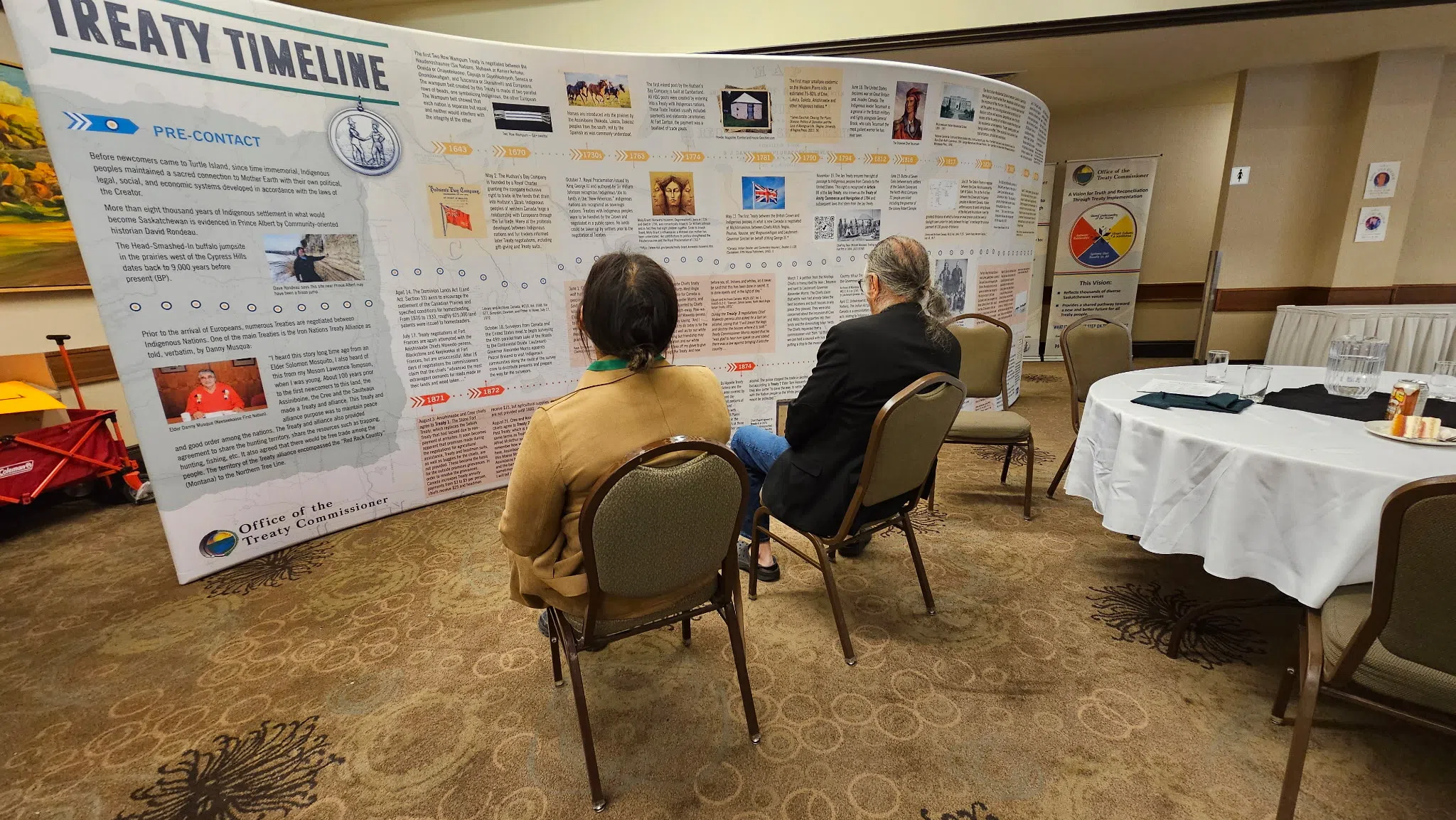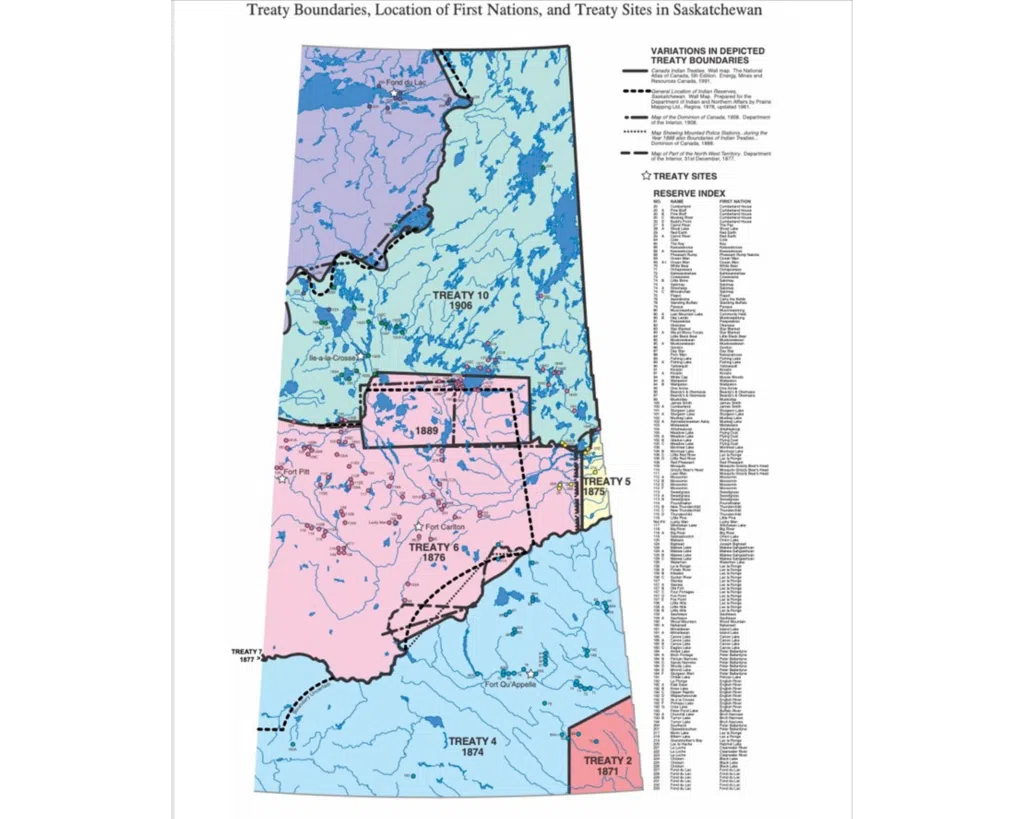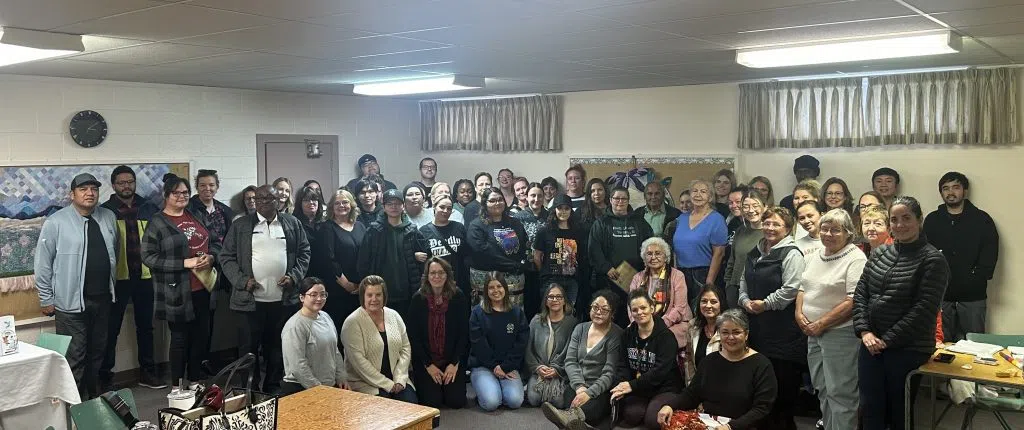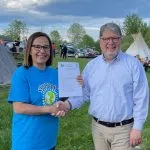
Upcoming Conference offers Treaty education opportunity in Yorkton
Whether it’s a large auditorium of people, or a small group, Elaine Sutherland and the Office of the Treaty Commissioner (OTC) are striving to change minds.
“We know we’re not going to change everyone’s mind. But if we can change one person’s mind, it can have a ripple effect,” said Sutherland, Director of Treaty Education at the OTC.
“These baby steps can lead to us, one day, living as equals. If we can be part of that, then we have done our job.”
On October 20 and 21 in Yorkton, the OTC is hosting the ‘Treaty Learning Journey 2: Living Our Treaties Conference’, which aims to provide a deep and nuanced understanding of what it means to be treaty people, and to strengthen relationships between all people in the province.
“I’d love to say that we’re living our treaties, but we’re not. Racism has reared its ugly head, (lately) we’ve gone backwards as a society,” said Sutherland.
“Treaties are meant to be sharing land – two sovereign nations living together on 100 percent treaty territory. The more people we can give this education to, the better. Education got us into this mess, and education will get us out.”
The conference follows a first edition of the conference in 2022, ‘Treaty Learning Journey: Let’s Talk Truth’, which resulted in numerous requests on a further, second conference. This year’s addition dives deeper, said Sutherland.

“There’s over a million people in this province who need to be hit with a treaty learning journey,” she said.
“As long as you live here in Saskatchewan, it’s your moral imperative to understand treaty.”
The two-day conference includes a crash-course for those who didn’t attend part one; a panel of knowledge holders and elders on what it means to live with treaties and living the spirit and intention of treaty; small group sessions on moving forward with treaty in modern society; how treaty relates to the United Nations Declaration on the Rights of Indigenous Peoples (UNDRIP); presentation on the Treaty Land Sharing Network; and talking circles.
During the conference, the OTC will also release a special curriculum guide. Sutherland said that in 2008, when treaty education became mandatory in the curriculum, there was enthusiasm around the subject. Since then, she said she has noticed a significant decrease in prioritizing treaty education.
“If you look at the Saskatchewan curriculum guide, way at the very end is Treaty Outcomes and Indicators. So teachers see it as an add-on, or something they might not have time to get to.”
The new curriculum guide profiles the outcomes and indicators within every grade. They’ve also developed teacher friendly resources and lesson plans that will be released at the conference.


